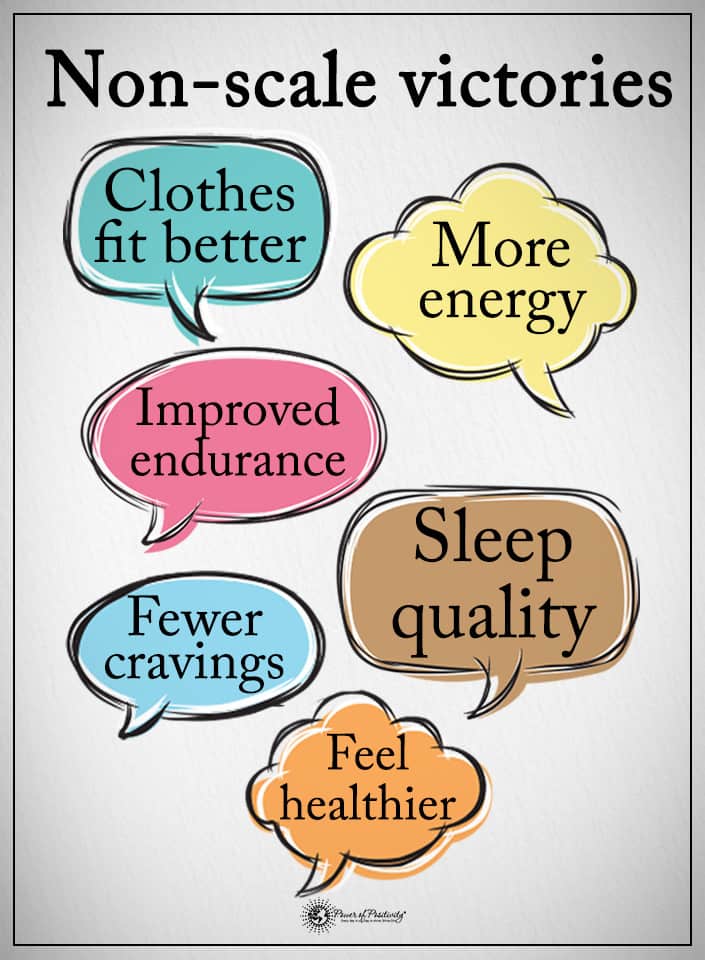Learn more about Kundalini energy and how to unlock it in yourself.
Kundalini energy is a profound concept rooted in ancient spiritual traditions, particularly Hinduism and yoga. Often described as a “coiled serpent” or a “sleeping serpent” lying dormant at the base of the spine, this primal energy is said to hold the key to spiritual enlightenment and personal growth.
Understanding Kundalini energy involves delving into the depths of spiritual practices, human consciousness, and the subtle energies that govern our existence. This powerful energy can lead to a transformative journey when awakened, providing a deeper connection with the true self and the universe.
But what exactly is Kundalini energy, how does it work, and what does it mean for those seeking spiritual awakening?
What Is Kundalini Energy?
Kundalini energy, often referred to as Kundalini Shakti, is the divine force believed to reside at the base of the spine in the Muladhara chakra, also known as the root chakra. This dormant energy is seen as the source of all life force in a human being and is often visualized as a coiled serpent lying asleep, waiting to be awakened.
This energy is considered a central aspect of spiritual growth and transformation in many spiritual traditions, especially within Kundalini yoga. The awakening of this powerful energy can lead to a heightened awareness and a deeper understanding of one’s true self.
The Origins and History of Kundalini Energy
The concept of Kundalini energy has its origins in ancient Indian spiritual traditions and is prominently featured in texts such as the Upanishads, Tantras, and other yogic scriptures.
These texts describe Kundalini as a subtle energy that lies dormant in the human body until it is awakened through spiritual practices like meditation, specific mantras, breathwork, and Kundalini yoga.
The awakening process is seen as a vital step in achieving spiritual enlightenment, a state of self-realization and unity with the divine.
The Seven Chakras and Kundalini Awakening
To awaken Kundalini, one must understand the role of the seven chakras or energy centers within the spinal column. These chakras are believed to be points where energy channels converge, and each chakra represents different aspects of consciousness and human experience.
When Kundalini energy begins to rise, it moves through these chakras, activating them one by one. The energy rising through the central energy channel, also known as the Sushumna, results in a series of spiritual experiences and transformations.
The crown chakra, located at the top of the head, represents the ultimate state of consciousness and unity with the divine, achievable through the complete awakening of Kundalini.
Signs and Symptoms of Kundalini Awakening
A Kundalini awakening can manifest in various ways, both physically and emotionally. Common physical symptoms include sensations of heat or cold, tingling, and an intense surge of energy along the spine. Some may experience an intense heat in their bodies, while others may feel waves of energy moving or vibrating.
The awakening process can also bring about intense emotions, such as sudden bursts of joy, sadness, or fear, as the dormant energy starts to clear emotional blockages. These experiences can be gentle or quite intense, depending on the individual and the kundalini experience they are undergoing.
How to Awaken Kundalini Energy Safely
Awakening Kundalini is not a simple or risk-free process. It requires careful preparation, guidance, and a deep commitment to spiritual practice. Kundalini activation is often achieved through a combination of yoga practice, meditation, breathwork (pranayama), and chanting of specific mantras or sound vibrations.
It is crucial to follow a knowledgeable teacher who can guide the practitioner safely through the process, as an intense experience can sometimes lead to what is known as Kundalini Syndrome—a state where the awakened energy becomes overwhelming, causing physical, emotional, and mental distress.
Ensuring proper grounding, self-care, and a balanced lifestyle are essential components of a safe and fruitful Kundalini journey.
The Benefits of Kundalini Awakening
The awakening kundalini process can lead to profound benefits.
At a spiritual level, it can lead to spiritual enlightenment, providing a deep sense of unity with the universe and a realization of one’s true self. It brings about a heightened awareness, a deeper connection to inner wisdom, and an enhanced ability to perceive subtle energies. Many people report increased intuition, increased creativity, and a deep sense of inner peace and mental clarity.
On a physical level, the rise of Kundalini energy can promote overall well-being by balancing the energy centers or chakras, leading to improved health, vitality, and harmony within the physical body.
Risks and Challenges of Kundalini Awakening
While the benefits of Kundalini awakening are numerous, there are also potential challenges and risks associated with the process. An awakened Kundalini can cause disruptions in the physical body and emotional turmoil if the energy is not properly channelled.
It is not uncommon for individuals to experience confusion, intense emotional upheavals, or physical discomfort during the awakening process. These symptoms can sometimes resemble a near-death experience and may be frightening for those unprepared for such powerful transformations.
It is essential to approach this spiritual journey with patience, respect, and a clear intention to grow, ensuring a safe and balanced approach to this powerful transformative potential.
Integrating Kundalini Energy into Daily Life
Once Kundalini’s energy has been awakened, integrating this powerful force into daily life becomes crucial. Regular spiritual practices like practicing yoga, meditation, and mindfulness can help maintain the awakened state and promote ongoing personal growth.
Maintaining a healthy diet, staying grounded, and surrounding oneself with a supportive community can also aid in managing the new energy dynamics within the body. This ongoing integration is essential to harness the transformative potential of Kundalini and continue progressing on the path of self-awareness and spiritual enlightenment.
Conclusion
Understanding Kundalini energy is about more than just a mystical or esoteric concept—it is about recognizing the profound transformative journey that resides within each human being. This life force holds the power to lead individuals toward self-discovery, spiritual growth, and an inner wisdom that transcends the ordinary experiences of daily life.
However, one must approach the process of awakening Kundalini with caution, respect, and guidance to fully benefit from its transformative potential. With the right guidance, dedication to spiritual practices, and a commitment to understanding oneself, the journey of Kundalini awakening can lead to a state of spiritual enlightenment and a deeper connection with the true self.
For those on a spiritual journey seeking greater self-awareness and a deeper connection with their true self, exploring Kundalini energy can be an enlightening experience. With patience, practice, and the guidance of a knowledgeable teacher, one can safely embark on this transformative path and uncover the powerful energy that lies within.
Embrace the journey, honor the process, and let the coiled serpent of Kundalini guide you to a higher state of consciousness and inner peace.























